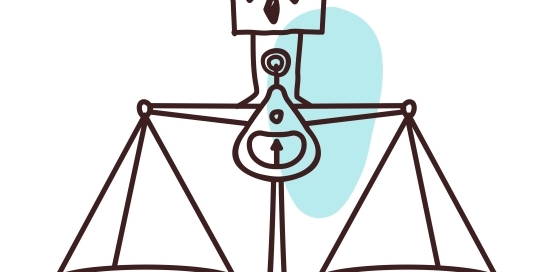How to know whether you are being defensive: And how to act on this knowledge
In this article, I discuss criteria you can use to determine whether you are being defensive and how to proceed once you have determined this. I encounter the terms defensive and defensiveness often. For example, they arise frequently when I work with couples on how to communicate constructively about issues. In that regard, one of the negative communication patterns known as the ‘four horsemen of the apocalypse’ identified by relationship expert Dr. John Gottman is defensiveness. I also often hear one person tell another person in a discussion that they are being defensive—both in and apart from couples counselling conversations. My experience with the terms defensive and defensiveness has led me to arrive at two conclusions: (1) the terms are often misused and misunderstood; (2) there is a need for more knowledge on how a person should proceed once they have determined whether they are being defensive. In the following sections, I will discuss how to know whether you are being defensive and how to act on this knowledge...[more]









